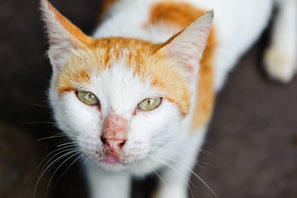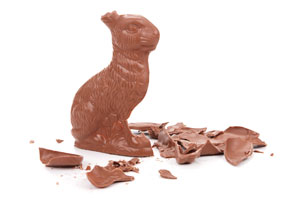Welcome to Petplan’s blog, a space where you can read up on the latest pet-news, find out interesting facts and tips about keeping your pets happy and healthy, and share your views on hot topics.
Refine articles by
clear searchIs your dog's incontinence a cause for concern?

Q: My five-year-old Labrador's bedding is always damp in the morning. She is not overweight and gets plenty of exercise. What could be causing this?
A: The most likely cause of her damp bedding is small amounts of urine, as it is not uncommon for female dogs to become urinary incontinent as they get older. Sometimes associated with neutering, hormonal urinary incontinence results in leaky urinary sphincters (the smooth muscle valves involved with urinary control), leading to a dog who dribbles at night, when they are asleep and rely on involuntary control. As a first step, it is worth taking your dog and a urine sample into your vet clinic because, if diagnosed, this condition tends to be very well controlled with daily oral medications.
Scott Miller, vet
Pet owners: some quick ways to save money in 2012

How to tell if your cat has hyperthyroidism

Diet: are you feeding your rabbits the right way? Read this to be absolutely sure

Why your cat is spraying and how to stop it

Q: My Siamese female cat, Bella, has started spraying. I thought only male cats sprayed?
A: All cats will spray - it is natural marking behaviour. Cats may spray when something has upset them, their core environment has changed, or another cat has entered their garden or house. Bella may be spraying to signal to the other cat to keep away from her territory. I have also come across some Siamese that have learnt to spray to get their owner's attention!
Inga MacKellar, animal behaviourist

